


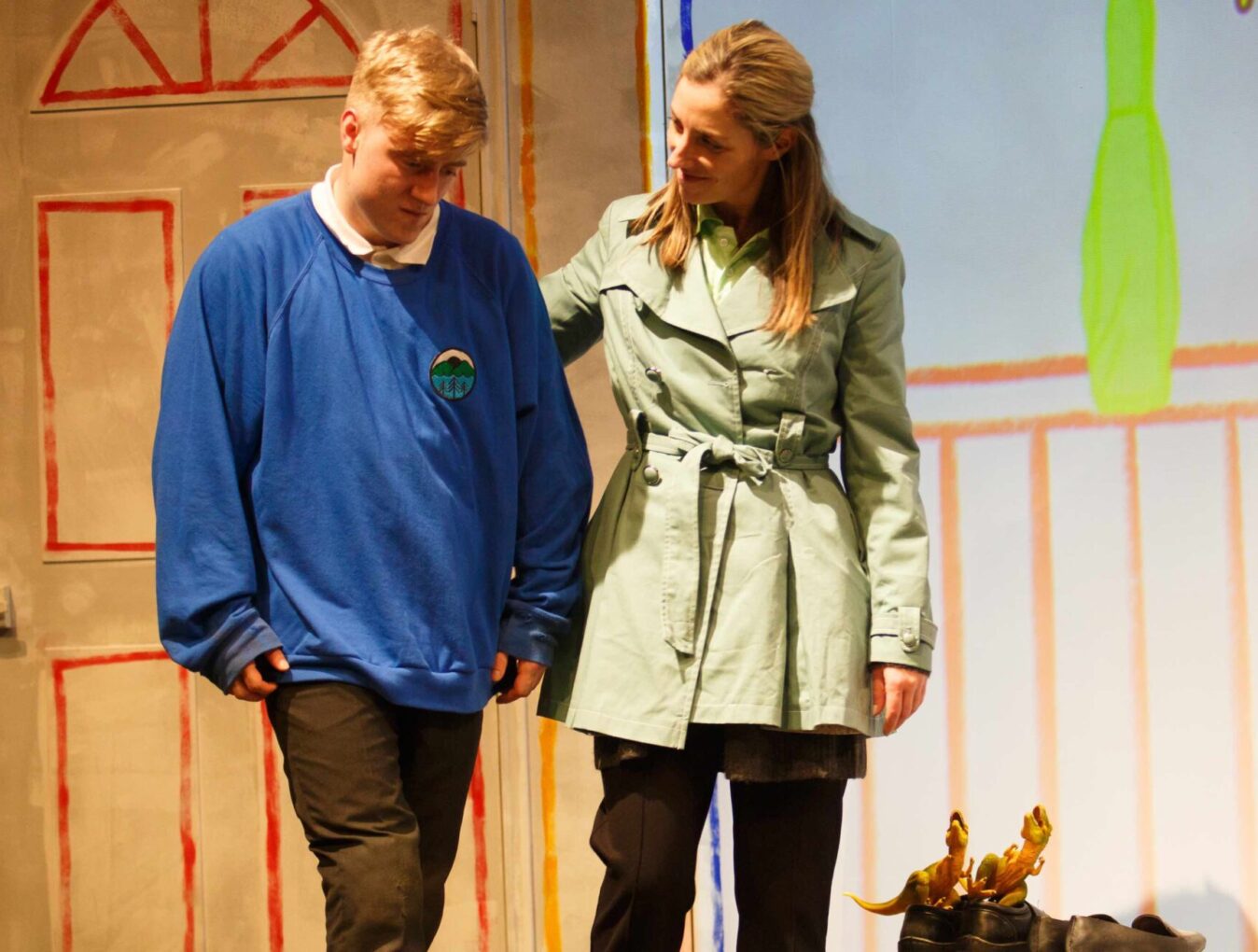
When I realised that the possibility of separating from my husband was actually very real my first thought turned to my daughter. As I looked at her school photo hung up on the wall my heart broke for her. I thought how unfair it was for her that she would have to go through her parents separating at such a young age (she was only 5 at the time). She would be so upset. Surely, we should try to stick it out for the sake of our daughter.
But it wasn’t just my decision.
How could we put her through this? Were we being selfish? How would she cope? How would we tell her? I dreaded telling her that the family unit that she knew was coming to an end.
When children are involved the stakes of a separation are much higher.
I remember thinking that if the inevitable was to happen then I wanted us to handle the situation with my daughter in the best way possible. The timing of how to break the news to her was important as well as how we go about it. I even went to the effort of planning a family day out so we would all be able to do something fun after we had told her. I would have done anything to protect her from the disruption of it all.
I felt a mixture of guilt and desperation for it to all be ok for her. I didn’t want to unsettle the stability and security of the family of three that she was used to. I was really worried about the breakdown of my daughter’s known environment and routine. I wasn’t just hurting for the marriage being over but I was hurting for her too.
I hadn’t realised how resilient she would be.
It was so easy to get tied up with the short-term consequences instead of looking at the long-term benefits for us all. As time went on and I had chance to reflect on the separation (as well as getting a whole range of advice from family and friends) I began to appreciate the benefits of not bringing a child up in a house filled with bad feelings, tension and conflict.
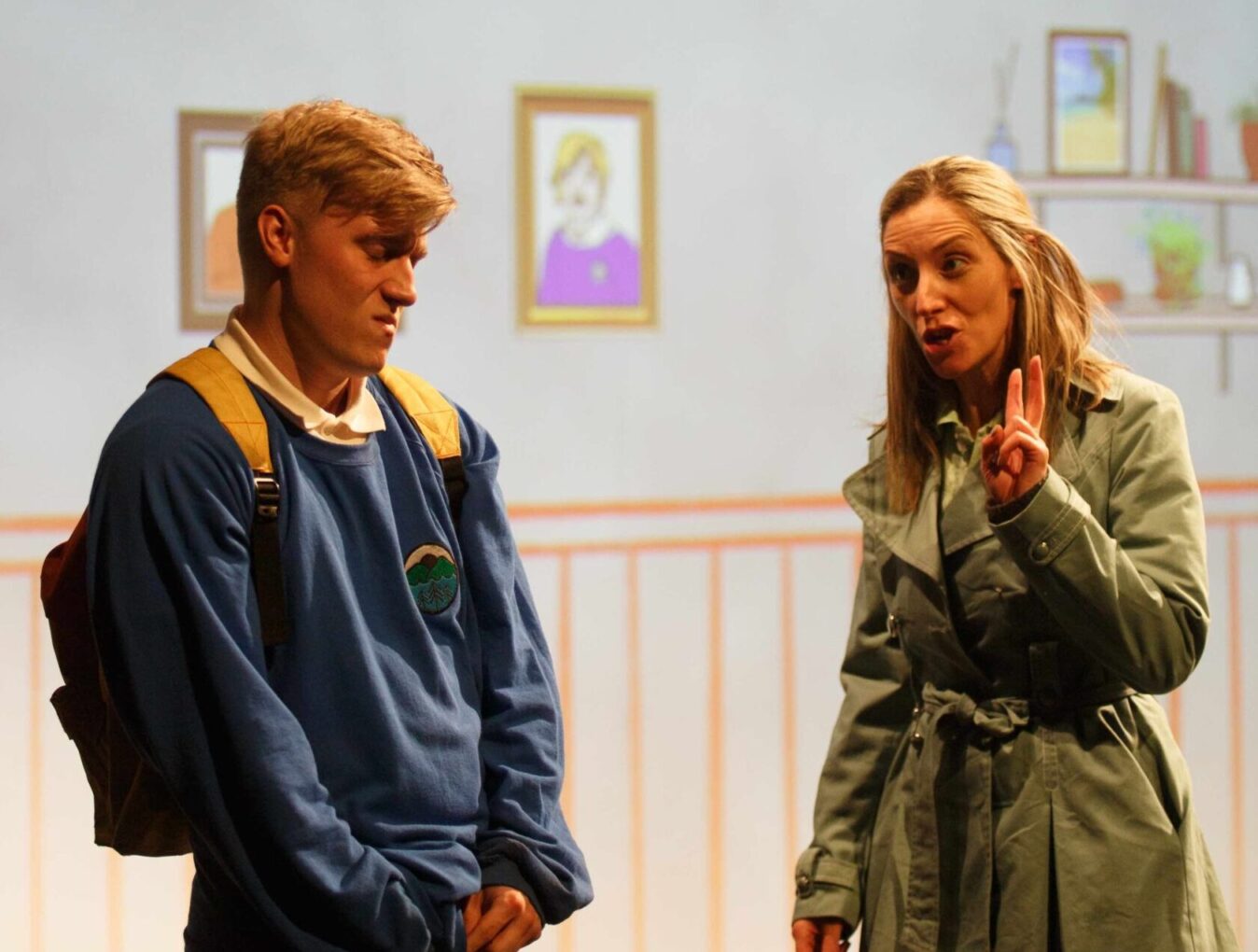
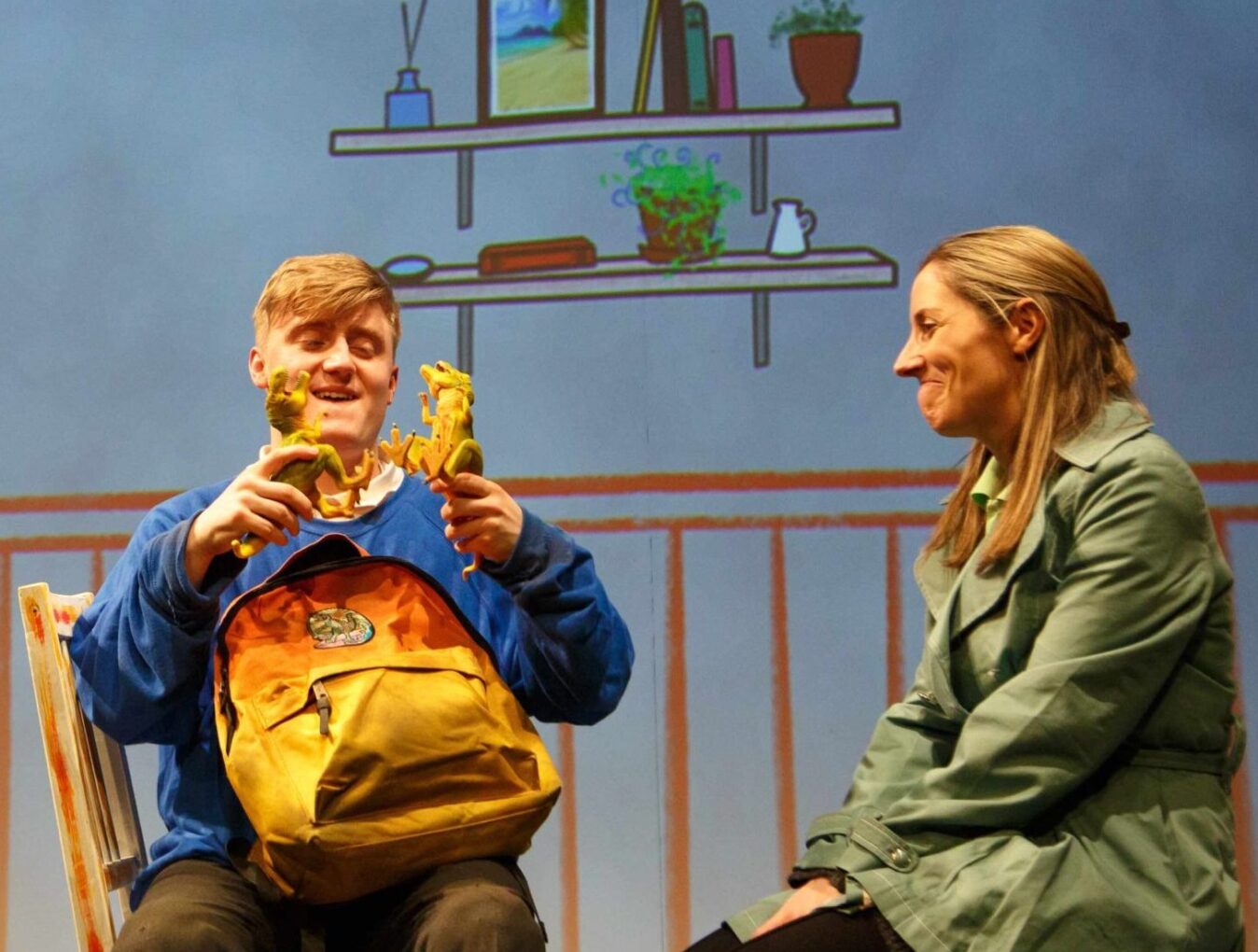
I wouldn’t want our daughter to see the two most important people in her world at odds with one another. Children pick up on their parents’ mental and emotional state. Life coach, Wayne Parker, says that the impact of continuous fights in front of children is that they lose the confidence and positivity that every child deserves to start life out with.
Shropshire author, Violet Fenn, points out that surely it is better to lead by example – which means having the strength to show your children that it’s okay to admit when things aren’t working out, and to change the situation for the better.
If we had decided to stay together only for our daughter’s sake it could ultimately mean having to keep a big secret from her. It would not have been an honest family dynamic and could affect her ability to trust. Separating certainly meant there would be temporary disruption but what it also meant was that there would be long-term stability and strength.
Although separation is a painful process for everyone involved, both parents get to enjoy more one on one quality time with their children, leading to a potentially healthier relationship.
What is most important is that the children are raised in a loving environment whether that is in one or two different homes. I found that instead of trying to fight through the guilt, by just becoming accepting that it is a product of the circumstances makes dealing with the emotion a lot easier.
As a parent it is not an easy situation to live with. Having to still communicate with your ex partner, see each other at drop offs and make parenting decisions together can be infuriating especially if you have a contentious relationship. Over time it gets easier, and you learn that your emotions need to take a back seat for the sake of your children. There will always be new challenges along the way, however, if your child feels secure and us confident of the love of both parents they will adjust more quickly and easily to new living situations.
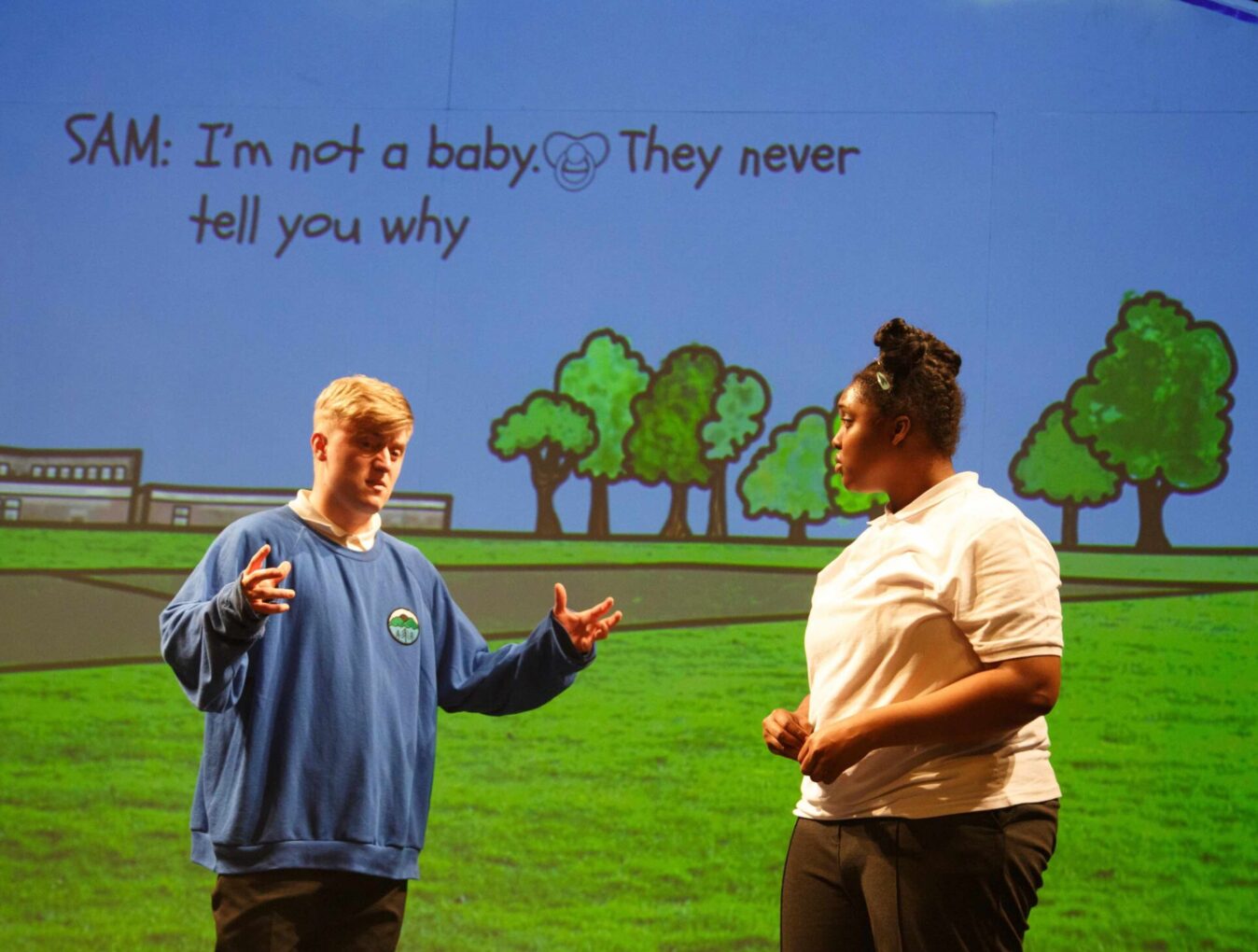

I don’t think there is any right answer or perfect scenario when it comes to choosing to stay together or separating but separation doesn’t have to be an entirely negative experience. By choosing as parents to separate and live in separate houses can be both a difficult and courageous decision made for the ultimate benefit of the whole family.
Gemma plays Sam’s Mum in Stan, currently touring through the UK. She trained in Professional Acting at the Academy of Live and Recorded Arts.
Theatre credits include Sarah in O Go My Man, Olivia in Twelfth Night and Julia in Me and My Friend. Short Film credits include Yvonne in The Confessional and Miss Feingold in Screwed Over.
Gemma also has a vast range of voiceover experience, including commercials and corporate voiceovers for Royal Mail, Yorkshire Building Society and Tameside Radio. Gemma lives in Cheshire with her partner, daughter and two cocker spaniels. You can follow her on twitter @GemmaSGreen.
There are themes in Stan that might remind you of some of the situations taking place in your young people’s lives (or your own!). To assist you in accessing further help and support, we’ve recommended some charities below especially catered to dealing with parental separation, deaf awareness and mental health.
Gingerbread: Gingerbread is a charity that supports single parent families. https://www.gingerbread.org.uk
NSPCC Parental Support: The NSPCC is the UK’s children’s charity and offer support to parents who are managing challenging situations. https://www.nspcc.org.uk/keeping-children-safe/support-for-parents/
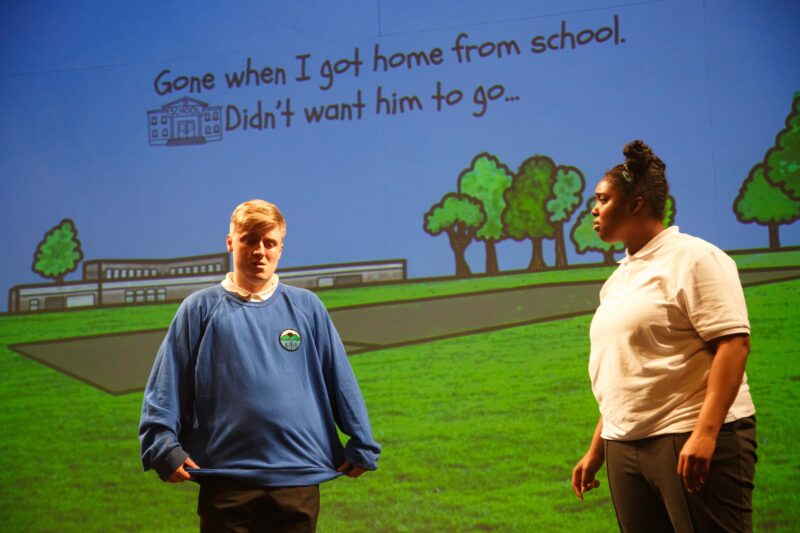

Family Lives: Family Lives helps to build better family lives with people. They have advice on divorce and separation alongside an online chat you can use to access further support. https://www.familylives.org.uk/advice/divorce-and-separation/
Relate: Relate is a relationship support charity, offering specific help for family transitions. https://www.relate.org.uk/relationship-help/help-separation-and-divorce
National Deaf Children’s society: National Deaf Children’s Society is the leading charity for deaf children and young people. https://www.ndcs.org.uk
SignHealth: SignHealth work to improve the health and wellbeing for deaf people. https://www.signhealth.org.uk
Samaritans: 24-hour confidential emotional support
Call: 116 123 / Email: jo@samaritans.org
Shout: Shout is a free 24/7 text service for anyone in crisis anytime, anywhere. It’s a place to go if you are struggling to cope and need immediate help.
Text: 85258
Mind Infoline: Hearing or speech impaired callers may contact using the main helpline numbers or choose to use RNID textphone services to contact Mind.
Call: 0300 123 3393 / Email: info@mind.org.uk
